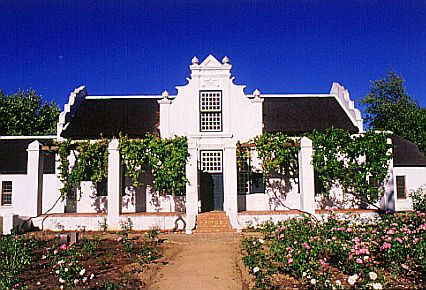Posted May 1st, 2009 - The Mountainlands not only is paradise, it also is
adventure...click on the pictures.

The world will always offer niches...click
on the picture for your private Safari
 Posted
January 24, 2011
Posted
January 24, 2011
The bigger group is people who bought holiday homes during a time
of easy credit in 2005 and 2006 and overextended themselves.
It was a speculative market which came to a sudden halt during 2007.
Household finances more than 11m South Africans are now behind
on their debt repayments are being squeezed and widespread job losses are
contributing to insecurity, leaving many families desperate to get rid of these
properties.
Pensioners are also putting their homes on the market. They have
seen their income drop as interest rates fall to the lowest levels in decades,
with the sharp increase in municipal rates and taxes adding to the pressure...more
Posted January 6, 2009
The real
estate bubble is alive and well in SA - House-price outlook bleak
Johannesburg - Year-on-year house
price deflation is expected to last well into 2009, according to FNB property
strategist John Loos.
He
says that an expected series of interest rate cuts should have some positive
influence on residential demand, although this influence will be partly
negated by weak economic growth as the global economic crisis continues.
But
despite some demand recovery, oversupplies of stock could take a while longer
to be mopped up, and as such the FNB House Price Index is expected to show
year-on-year deflation for the entire 2009.
"As we go
into 2009, the recent history of residential property performance continues to
look bleak to say the least, and year-on-year price deflation is expected to
be with us for most of, if not the entire year," Loos said on Monday.
Posted September 5, 2008
Zimbabwe, here we come. Or how politicians will make a depression out of a
recession!
'SA land not for foreign buyers'
Sep 4 2008 2:43PM
Jana Roos
Cape Town - Foreigners may soon no longer be able
to own South African property, and will instead have to settle for leasing
land, if legislation that's been three years in the making is implemented.
Thozi Gwanya, the director-general for the department of
land affairs, says a policy which regulates ownership of land by non-South
Africans is currently being developed and is necessary in the interest of
sustainable development.
The department, says Gwanya, engaged the services of a
team of experts who compiled a report which recommended that the ownership
of land by foreigners should be regulated.
"The report indicated that stronger foreign currencies (forex)
enable foreigners to buy more land, including land that is strategically
situated such as coastal and agricultural land," says Gwanya.
"It recommended a moratorium on the sale of state land
to foreigners. It further recommended that land is leased to foreigners,
as opposed to full ownership."
Building sector outlook
bleak
Jul 17 2008 2:39PM
Johannesburg - Declining
confidence levels among both the residential and non-residential building
contractors suggest that the building industry may continue to see a
significant slowdown in demand in the coming months, which does not bode
well for the overall building industry.
This negative outlook,
particularly regarding the residential building industry, will continue to
be driven by the upward cycle of interest rates. The probability that rates
will increase again in August and October is set to further exacerbate the
pressure on the industry.
With regard to the
non-residential building sector, the negative impact of rising interest
rates and input costs is likely to be counterbalanced, to some extent, by
the build-up to the 2010 World Cup.
Year-on-year real growth
in total building plans passed declined significantly in May to -36.2% from
positive growth of 9.6% in April. This decline was led by decreases in all
the three categories namely: non-residential building plans, which recorded
growth of -15.6% in May compared to 84.4% in April, growth in residential
building plans declined from -3.1% in April to -45.7% in May, and additions
and alterations fell to -32.3% from -3.1% April.
I-Net Bridge